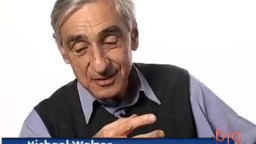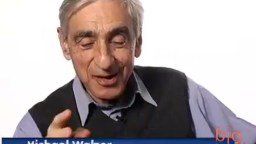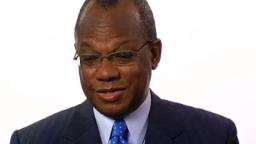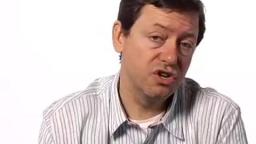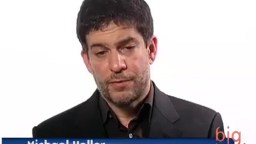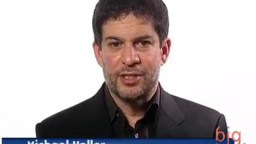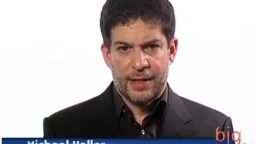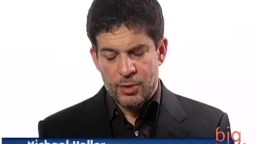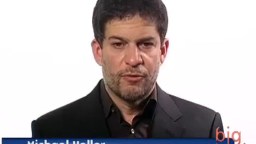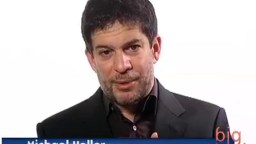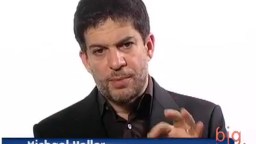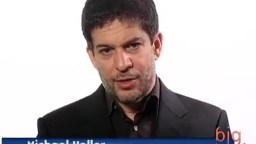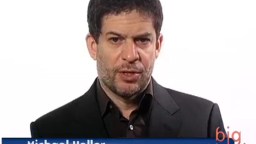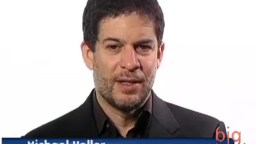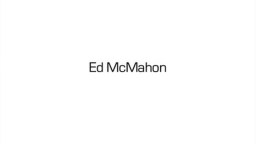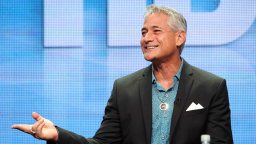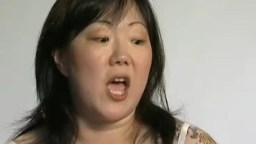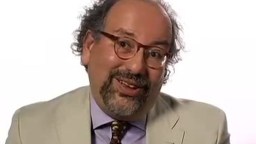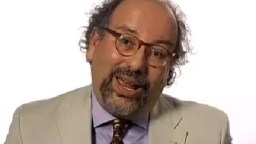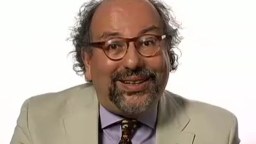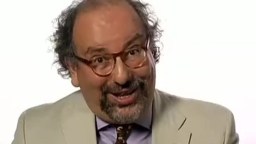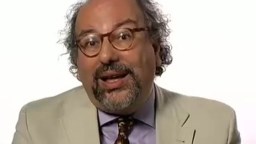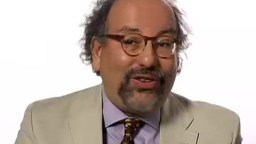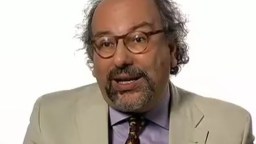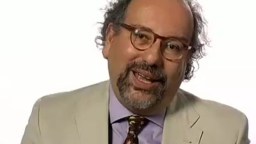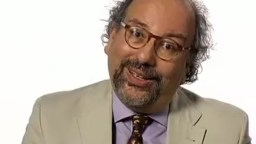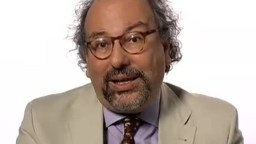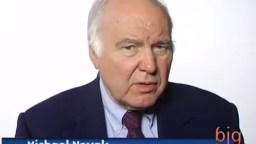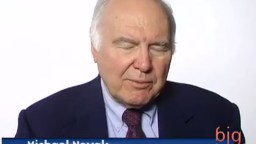All Videos
All Stories
Michael Walzer believes public education should be dominant in America.
▸
2 min
—
with
Michael Walzer thinks the U.S. should spread liberal democracy to other parts of the world—mostly, by example.
▸
3 min
—
with
Rev. Butts didn’t forget the support he had received from the Clintons over his tenure at State University of New York in Old Westbury.
▸
5 min
—
with
Wilson, Managing Partner of Union Square Ventures talks about how technologies has helped his venture capital firm work globally. This series brought to you by Dell and digitalnomads.com
▸
8 min
—
with
Helping people to secure ownership rights and take advantage of the resources around them was a driving force behind Michael Heller’s work in Russia and Latin America.
▸
3 min
—
with
Michael Heller argues that the rules of ownership, though they may seem strict, have a lot of choice built into them.
▸
2 min
—
with
The system of checks and balances in the American political system is an example of positive gridlock, says Michael Heller.
▸
1 min
—
with
Breaking the link between the borrower and the lender by dividing mortgages into bonds led to a serious crisis of investments, according to Michael Heller.
▸
3 min
—
with
The next president must work to reform patent law in order to address a major source of gridlock, says Michael Heller.
▸
4 min
—
with
According to Michael Heller, there is strong link between democracy and property, but people should be willing to sacrifice some ownership to improve society overall.
▸
5 min
—
with
Once people spot instances of gridlock, they can begin to address them collectively, says Michael Heller.
▸
4 min
—
with
Too much ownership leads to too little prosperity, according to Michael Heller.
▸
7 min
—
with
In Big Pharma, too much ownership often blocks the development of new drugs, says Michael Heller.
▸
11 min
—
with
According to Michael Heller, when too many people own pieces of one thing, nobody can use it.
▸
2 min
—
with
Ed McMahon talks about his financial problems, help from Donald Trump and rapping for commercials. Distributed in partnership with Uinterview.com
▸
4 min
—
with
The gold medal diver talks about the politics of the Olympics and how his technique serves as a model for current diving champions. Distributed in partnership with Uinterview.com.
▸
4 min
—
with
The star of VH1’s “The Cho Show” talks about her comedy, her parents, and her Korean heritage. Distributed in partnership with Uinterview.com.
▸
3 min
—
with
Game Theorist Barry Nalebuff on open-source idea sharing.
▸
6 min
—
with
Barry Nalebuff on starting Honest Tea, a bottled organic tea company.
▸
6 min
—
with
It’s not just about solving a particular game, it’s about making sure you’re playing the right game, according to Barry Nalebuff.
▸
2 min
—
with
Barry Nalebuff shares his thoughts on cooperation and competition in the business world.
▸
6 min
—
with
Barry Nalebuff explains game theory’s most famous corollary.
▸
2 min
—
with
Yale’s Barry Nalebuff discusses game theory’s myriad applications.
▸
6 min
—
with
Understanding game theory and probability-based strategy can help you win on the felt.
▸
3 min
—
with
Barry Nalebuff on the problem of the third party candidate and what the French Revolution can tell us about campaign strategy.
▸
10 min
—
with
How does game theory apply in a global context?
▸
4 min
—
with
Barry Nalebuff tells us how game theory can be applied to the economic crisis and where he sees the economy in the next few years.
▸
4 min
—
with
Barry Nalebuff explains the basis of Game Theory.
▸
2 min
—
with
Professor Novak discusses what may be the most community-minded generation since the Greatest Generation.
▸
1 min
—
with
Professor Novak says the founding fathers were much more religious than most people think.
▸
2 min
—
with
